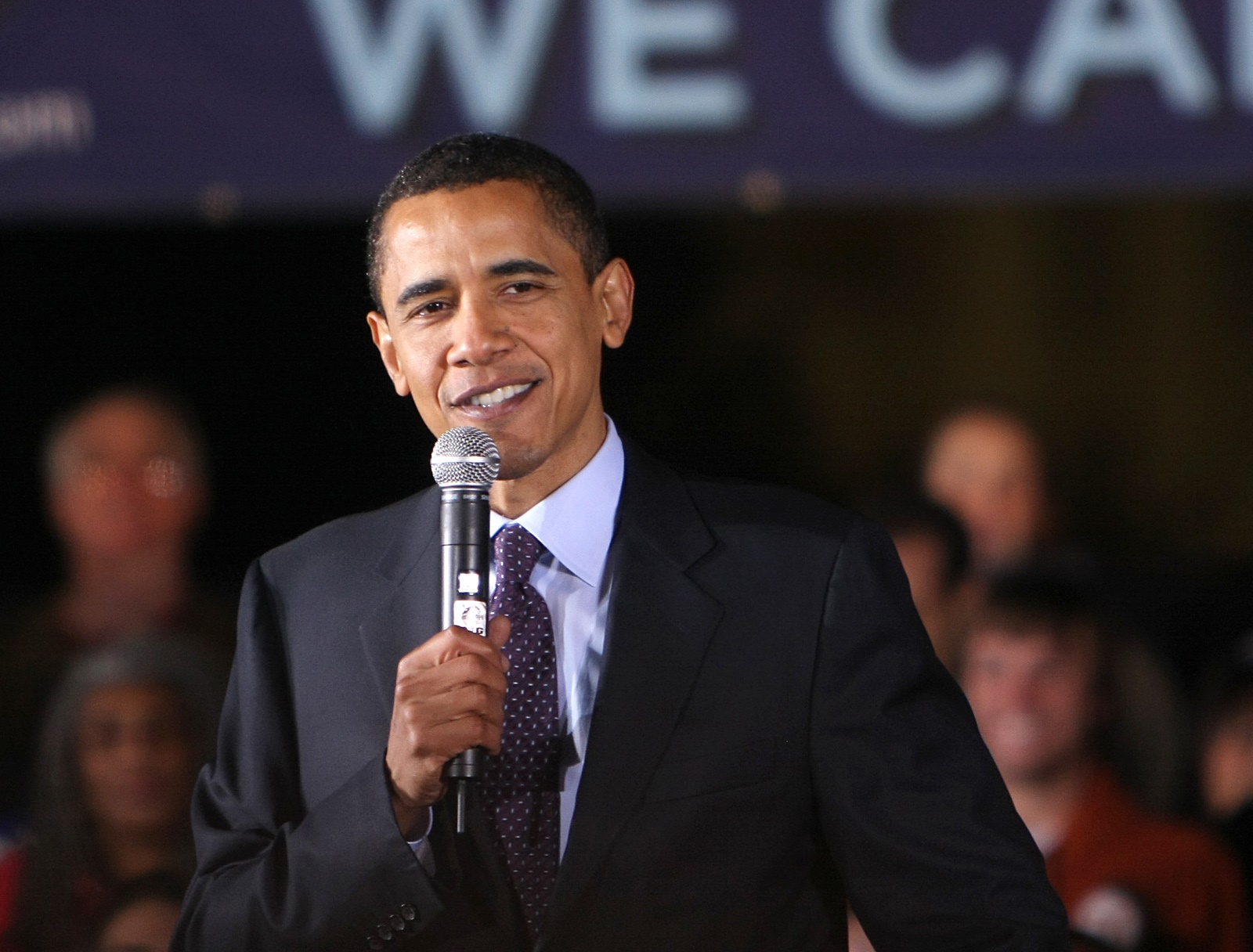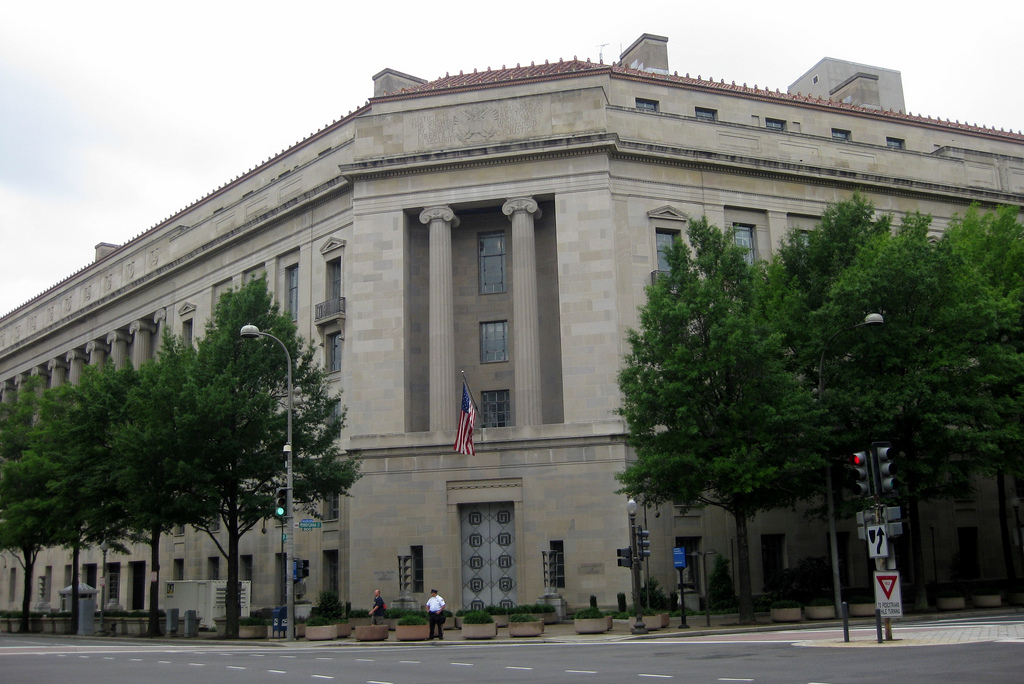Facebook, Google, Apple and Twitter, along with more than 75 companies and cyber security experts, sent a letter to President Obama on Tuesday, asking him to reject government proposals that would grant law enforcement access to their user’s encrypted data. The letter said that providing law enforcement access to their user’s data will leave them vulnerable to attacks and compromise their products, and asked Obama to reject proposals to force a “back door” into their operating systems. The efforts from several major tech companies to make data more secure precedes the open letter. They also requested that the White House focus on creating policies that advocate strong encryption technology and thus cyber security, human rights and economic growth. Law enforcement does not seem to agree however. Google and Apple were criticized for making their smartphone encryption too difficult for law enforcement to crack, and one official doesn’t understand why businesses market devices to purposefully allow users to escape the law’s reach.
Article via Mashable, 19 May 2015
Photo: Campaigning with a smile (Barack Obama in Austin #3) via Jack Thielepape/jmtimages [Creative Commons Attribution-NonCommercial-NoDerivs]




